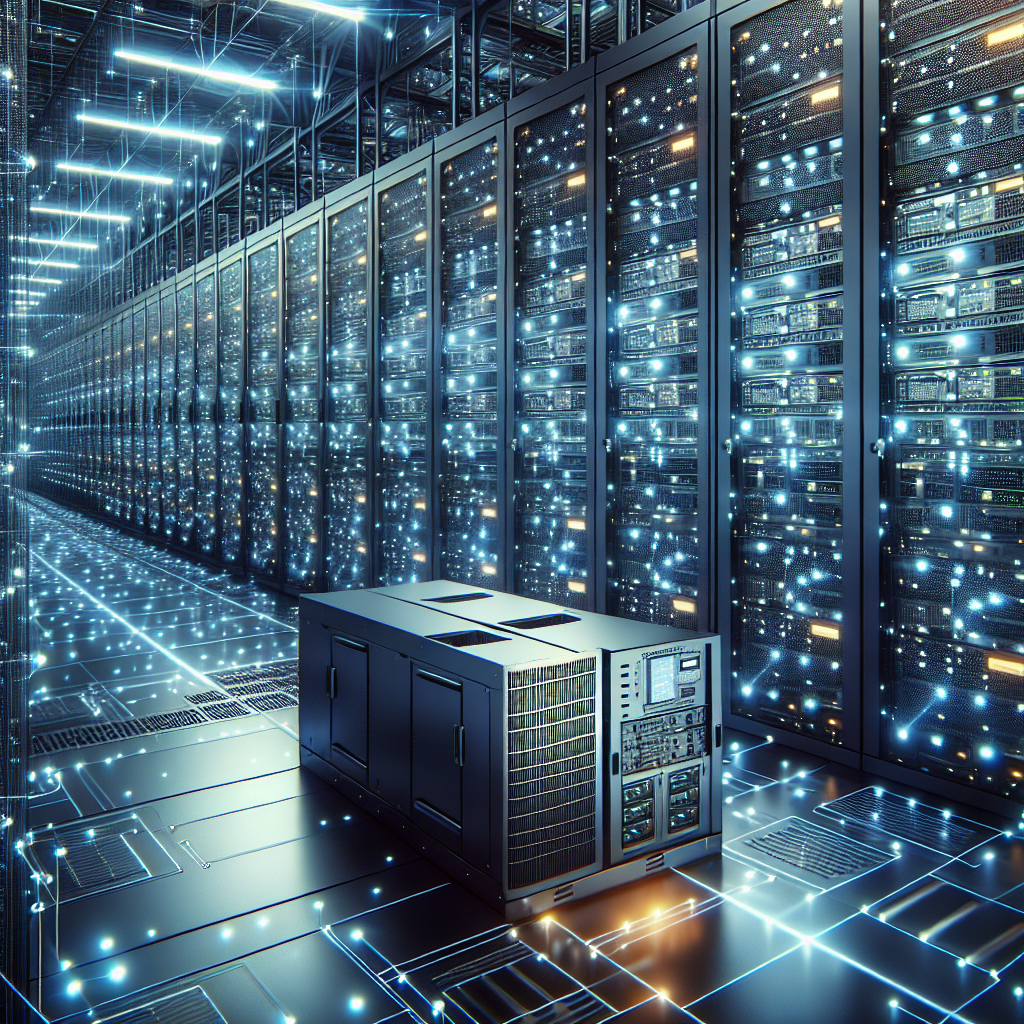Your cart is currently empty!
Understanding the Power Requirements of Data Centers: How Generators Play a Key Role

Data centers are the backbone of the digital world, housing the servers and equipment that store and process vast amounts of data. These facilities require a significant amount of power to operate efficiently and reliably. Understanding the power requirements of data centers is crucial for ensuring uninterrupted operation and preventing costly downtime.
One of the key components of a data center’s power infrastructure is the generator. Generators play a crucial role in providing backup power in the event of a utility outage or other power interruption. This ensures that critical systems remain operational and data is not lost during a power failure.
Data centers typically rely on diesel generators for backup power. These generators are capable of providing power for extended periods of time, ensuring that data center operations can continue uninterrupted until utility power is restored. In addition to backup power, generators are also used to support the facility’s cooling systems, which are essential for maintaining optimal operating temperatures for the servers and equipment.
When it comes to understanding the power requirements of data centers, it is important to consider factors such as capacity, redundancy, and scalability. Data centers must have sufficient generator capacity to meet the peak power demands of the facility, including both the IT load and the cooling systems. Redundancy is also critical, as having multiple generators ensures that there is always a backup power source available in the event of a generator failure.
Scalability is another important consideration when it comes to generator power requirements. As data centers grow and expand, the power demands of the facility will also increase. It is essential to have a power infrastructure that can easily scale to meet the evolving needs of the data center without causing disruptions to operations.
In addition to capacity, redundancy, and scalability, data center operators must also consider factors such as fuel storage, emissions regulations, and maintenance requirements when selecting and operating generators. Proper maintenance and regular testing are essential to ensure that generators are ready to provide backup power when needed.
In conclusion, understanding the power requirements of data centers is crucial for ensuring the reliability and efficiency of these critical facilities. Generators play a key role in providing backup power and supporting the operation of data centers, making them an essential component of the power infrastructure. By carefully considering factors such as capacity, redundancy, and scalability, data center operators can ensure that their facilities are equipped to handle any power interruption and continue to operate at optimal performance levels.

Leave a Reply